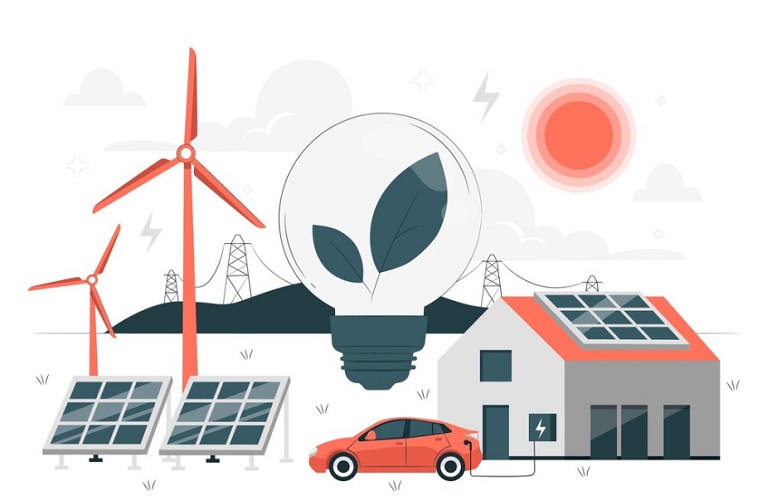Aiming to triple global renewable energy capacity by 2030 and reduce fossil fuel consumption is an achievable goal, according to a report released by the International Energy Agency (IEA) on Tuesday. However, significant efforts are needed to address challenges such as permitting delays and grid connectivity issues.
This report comes as government and business leaders convene for Climate Week in New York, focused on advancing action against climate change.
At the COP 28 climate summit in Dubai last year, nearly 200 countries committed to achieving net-zero emissions from the energy sector by 2050 and pledged to enhance renewable energy capacity through sources like wind and solar. The IEA noted that while the goal of increasing renewable energy is attainable—thanks to favorable economic conditions, strong policies, and substantial manufacturing capabilities—merely adding more renewable energy sources won’t be sufficient to cut fossil fuel use or lower consumer costs.
“To fully realize the benefits of this tripling goal, nations need to make a concerted effort to build and modernize 25 million kilometers of electricity grids by 2030. Additionally, the world will require 1,500 gigawatts (GW) of energy storage capacity by the same year,” the IEA stated.
During COP 28, countries also agreed to double energy efficiency initiatives to help curb electricity consumption. However, achieving this target necessitates that governments prioritize energy efficiency more prominently in their policies.
The IEA emphasized the need for countries to integrate renewable energy and efficiency targets into their national plans to fulfill commitments under the Paris Climate Agreement. Last year saw emissions from the global energy sector reach an all-time high.
By tripling renewable energy capacity and doubling energy efficiency measures, it is projected that global greenhouse gas emissions could decrease by 10 billion metric tons by the end of the decade compared to current expectations, the report concluded.





